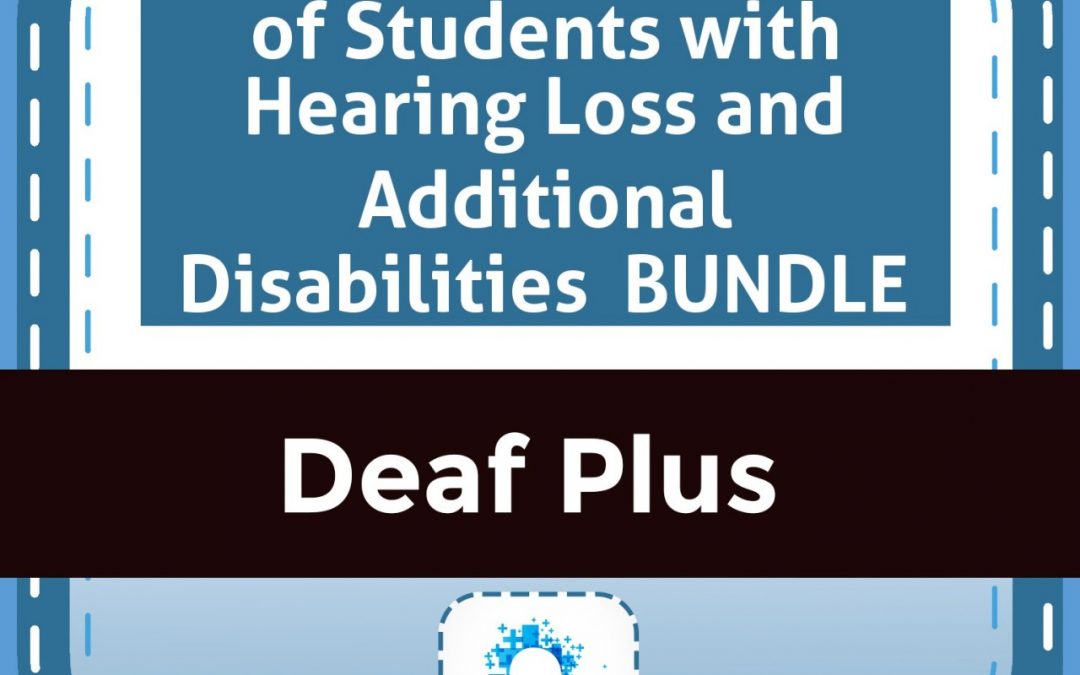These 10 articles address topics typically associated with teaching students who require modified curriculum and alternative communication. Topics include appropriate assessment, eligibilty, considerations for effective collaboration, determining services, universal design, story-based learning, alternative communication, and object schedules. 30 pages. For use with any age student.
- Amplification
- Assessment of Student Skills, Challenges, Needs
- Early Childhood: Infants, Toddlers, Preschool
- Hearing Loss – Identification, Impact and Next Steps
- Impact of Hearing Loss on Child Development and School Performance
- Describing the Impact of Hearing Loss to Parents/Teachers
- Hearing Loss – Identification and Next Steps
- Hearing Loss – Information on Specific Types
- What is “Normal” Hearing for Children?
- ANSD – Auditory Neuropathy/Dyssynchrony Spectrum Disorder
- Atresia, Microtia: Permanent Conductive Hearing Loss
- CMV (Cytomegalovirus) and Hearing Loss
- Ear Infections and Learning
- Cholesteatoma – What is it? How can it affect learning?
- Hearing Loss Caused By Noise
- Hyperacusis: Over-Sensitivity to Sound
- Mild Hearing Loss and Learning
- Unilateral Hearing Loss and Learning
- Deaf PLUS Additional Needs
- Language and Speech Development Issues
- Legal Issues in Serving Children with Hearing Loss
- Listening (Auditory Skills) Development
- Planning to Meet Student Needs
- Self-Advocacy Skills for Students with Hearing Loss
- Self-Concept: How the Child with Hearing Loss Sees Himself
- Social Skills
- Speech Perception & Learning
- Hearing Aid Retention for Young Children
- Hearing Aid Retention for Young Children

